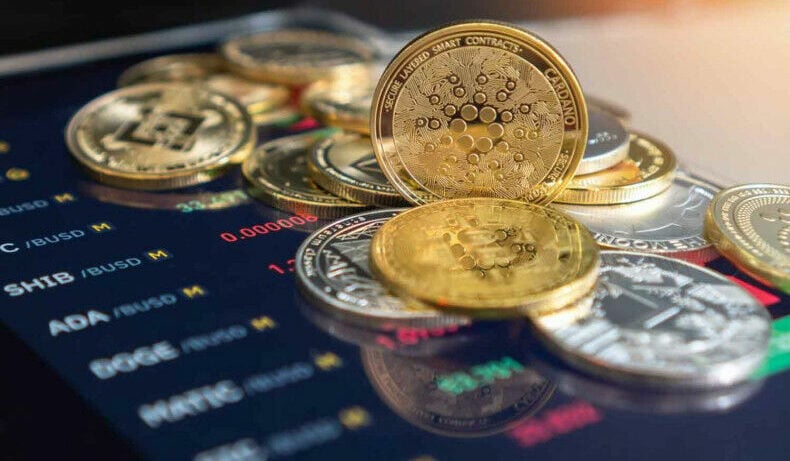Taxing times: Thailand cashes in on digital currency revolution

Finance Minister Pichai Chunhavajira has committed to comprehensive tax reform aimed at enhancing Thailand’s competitiveness and promoting the use of digital currency by the end of the year.
During a seminar organised by the Marketing Association of Thailand, Pichai explained that the ministry’s strategy involves fostering business partnerships through incentives and attractive measures. He emphasised the necessity of revising the entire tax system to boost competitiveness in the dynamic business environment.
Pichai also underscored the importance of creating conditions for sustainable business growth, supported by access to finance, and urged financial institutions, both private and public, to extend loans, particularly to small entrepreneurs.
The government plans to support infrastructure development by welcoming private investment due to limited state budget resources. This includes raising funds through infrastructure funds and leveraging future cash flows for current use.
Pichai stressed that government spending must adhere to fiscal and monetary discipline, maintaining a manageable deficit level to ensure that public debt remains under control or can be reduced soon.
Regarding digital currency, Pichai questioned why Thailand should not adopt it, given its global exchange and demand. He noted that 21 million digital coins are in circulation, valued at approximately US$2 trillion (around 70 trillion baht), but fewer than 10 million are actively traded.
Tax reform
This suggests that over half of the codes might have been forgotten, leaving about US$1 trillion in liquidity available for exchange. With increasing demand and global geopolitical issues, people are seeking alternatives to traditional currencies.
Pichai said Thailand is working on creating a platform to identify potential digital currency users and establish a market for exchange. For instance, tourists could register their coins on a local platform for verification.
Purchases could then be made using coins through an exchange house of choice. Buyers and sellers may not know the type of money received but coins would be transferred into an app and converted into baht via clearing houses.
He noted that, for example, someone fleeing conflict in Ukraine or Russia might struggle to raise 50 million baht (US$1.4 million) to buy a house in Thailand. Using digital assets could simplify such transactions. Pichai stressed the need to promote an understanding of digital platforms and the capital market to better reach small investors.
Pichai stated that this year signifies a turning point for Thailand’s economy. Over the past decade, economic growth has been modest, with an average real growth rate of less than 2%.
However, the economy is anticipated to grow by 2.7 to 2.8% in 2024, marking a positive shift, despite some organisations, including the International Monetary Fund, projecting growth of less than 3% for this year.
Board of Investment
He expressed confidence in achieving 3% growth, citing positive indicators from consumer confidence and private sector consumption, which rose by 5.1% in the third quarter of the prior year. Investments through the Board of Investment reached 700 billion baht (US$20 billion) in the first nine months of 2024.
The government is also promoting infrastructure investments to boost competitiveness and lower logistics costs, including double-track railway projects and high-speed railways, starting with the Bangkok-Nong Khai route.
In tourism, Thailand welcomed 35 to 36 million foreign tourists in 2024, with expectations to reach 39.8 million this year. Despite geopolitical challenges, Pichai sees opportunities for Thailand to benefit from investment relocation, particularly in technology, reported Bangkok Post.
However, capitalising on this relocation depends on developing midstream and downstream industries to support it. The electric vehicle (EV) industry, attracting investors from multiple countries, not just China, presents potential for Thailand to become an EV production hub in the region, provided the sector’s development is uninterrupted.
Latest Thailand News
Follow The Thaiger on Google News:


























